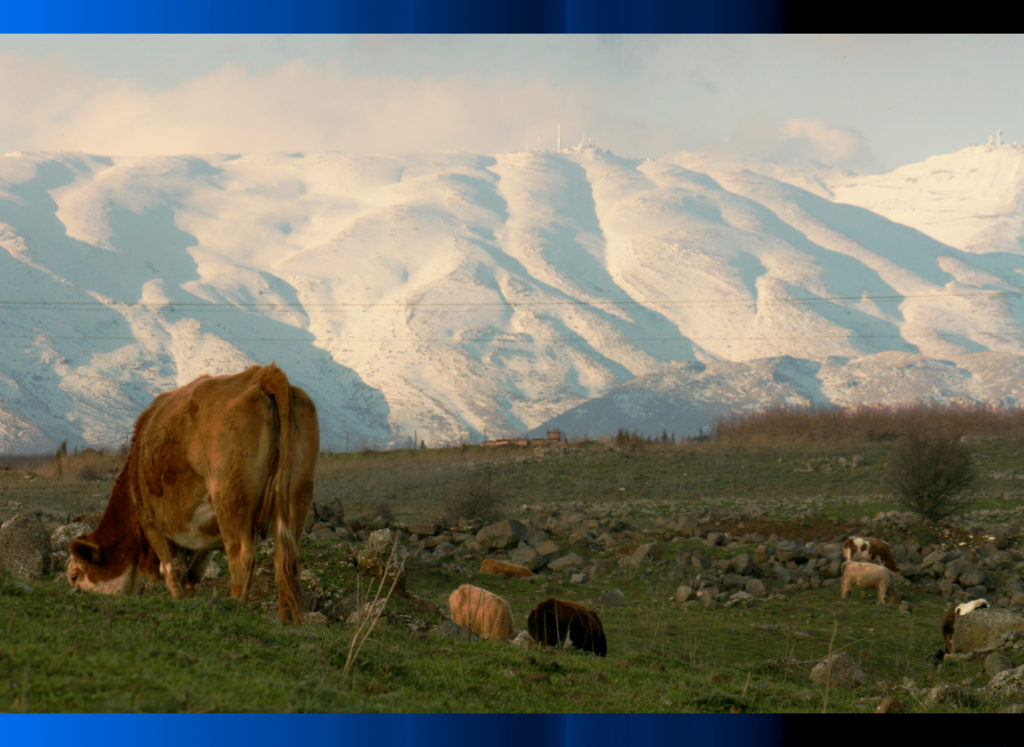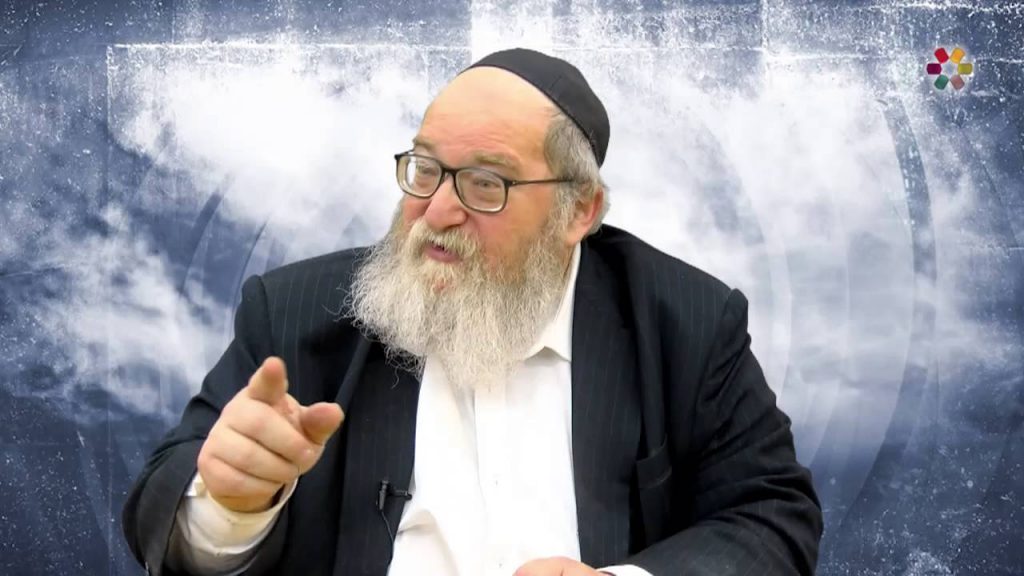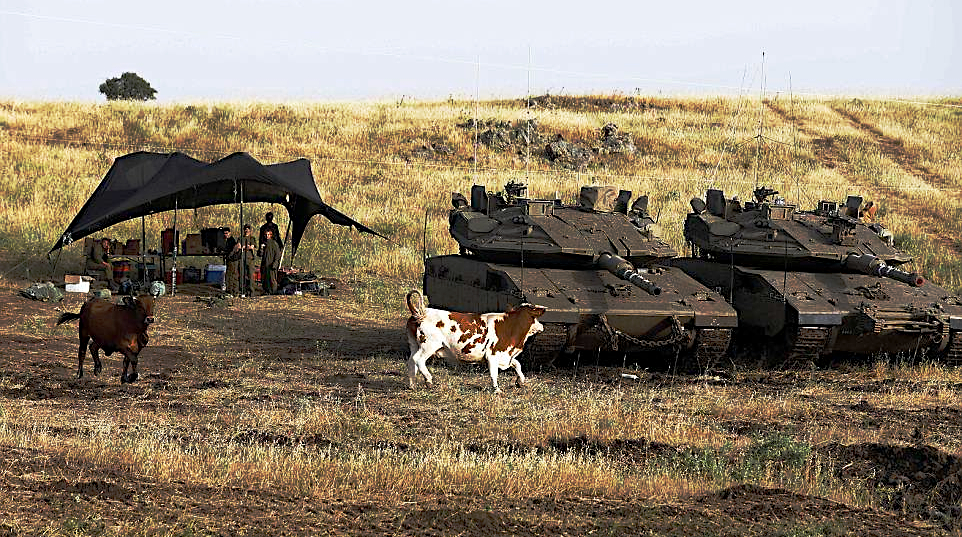
(2-3 Minute Read)
Numbers 30:2-36:13
The combined Torah portions, or parshiot, of Mattot and Massei first discuss the technical guidelines for the process of making and annulling vows. The Almighty commanded Moses to wage war against the Midianites in response to the idolatrous seduction of the Israelites by the women of Moab and Midian. Bilaam, the notorious “mercenary prophet” and sorcerer-for-hire, was executed in that battle. Moses was enraged because the Israelites had spared the women, even though they were the very same agents who inflicted the “spiritual sabotage” upon the Jewish people. Moses required their execution. Regulations regarding ritual purity after warfare were imposed, and the spoil was divided and portioned out to the Israelites as well as a contribution to the Eternal One. The tribes of Reuben, Gad, and half of Manasseh asked to remain on the east side of the Jordan River (in the area now called the Golan Heights and beyond) in order to raise their cattle. Moses was originally angry at the request, but upon clarification and a full commitment by the tribes to help conquer the land of Israel, he agreed. The journeys of the congregation of Israel were recorded, and the Almighty reiterated that the Jewish people were to take possession of the land and reject all forms of neighboring idolatry. The Master of the Universe defined the boundaries of the land of Israel relating to hereditary portions. The Most High further commanded that Levitical settlements, also called Cities of Refuge, would be built to house the kohenim, or priests, as well as a person who had committed accidental manslaughter. The Almighty additionally discussed the rules regarding the processing of incidents of both murder and unintentional killings. The book of B’Midbar, or Numbers, concludes with a technical quandary regarding the inheritance of the daughters of Zelophehad, who had previously been awarded their father’s inheritance rights even though he had no sons. The Eternal One further stipulated that if the daughters of Zelophehad wanted their father’s inheritance rights, they should marry within their own tribe.

One point that Rabbi Yitzhak Breitowitz makes about this combined Torah portion is that the section discussing the guidelines of the vows brings a very important aspect of life to the forefront. Rabbi Breitowitz emphasizes that a simple take-away from the vow regulations is that speech is immensely powerful. By taking a vow, a person can make an action or substance that is otherwise completely acceptable and “kosher,” if you will, and convert it to something prohibited. Indeed, the vow of the nazirite, for instance, makes it completely forbidden to cut one’s hair, even though this is an action that is generally permitted for the rest of the Jewish people. Similarly, although this would be a foolish and nonsensical vow, Rabbi Breitowitz points out that if a person makes a true and proper vow to never eat an apple again, the status of that apple shifts from kosher with no supervision required to a prohibition resembling the refraining of eating pork. The only difference between the “kosher” apple and the “treif” or “non-kosher” apple in this example is that the Jewish person used their power of speech to alter the status for themselves through a vow.

It is crucial for the Jewish community to always understand the power and impact of our speech. The Torah portions of Mattot and Massei fall during the three weeks, a period of semi-mourning from the fast of the seventeenth of Tammuz up to Tisha B’Av. The first calamity of Tisha B’Av was the false report of the ten spies as the Jewish people prepared to enter the land of Israel (B’Midbar / Numbers 13-14, etc.). The evil intentions of the ten spies have been discussed at length by the rabbinical sages of blessed memory (as discussed in the d’var Torah article for Shelakh Lekha). The ten spies selfishly and corruptly used their power of speech to hinder and ultimately destroy an entire generation of the Jewish people. Accordingly, the second Beit HaMikdash, or Temple, was destroyed due to sinat chinam, much of which was related to evil, hateful speech. And the Sephardi Jews of Spain were expelled en masse from their homes during the Tisha B’Av season of 1492. Interestingly enough, King Ferdinand and Queen Isabelle wrought this devastation upon the Sephardi Jewish community through a sweeping edict (negative speech), and the only way to remain in Spain was to profess fidelity and loyalty to the Christian church (more negative speech). Thus, we see that the power of speech and the important lessons thereof are key themes both of these Torah portions as well as the three weeks leading up to Tisha B’Av.
On a more humorous note, there is an anecdote about the Israel Defense Force that relates to this week’s Torah portions, namely the concept that the tribal land of Reuben, Gad, and half of Manasseh was prime real estate for cattle grazing. A certain special forces unit was hosting a briefing about the Golan Heights, an area that was key to several major conflicts with Israel’s neighbors, namely the Six Day War of 1967 and the Yom Kippur War of 1973. Accordingly, the Syrian Arab army saturated the region with explosive landmines. The IDF removed the landmines for the most part, but for decades the Israeli military operated very carefully in the area, just in case they had missed a few. In present times, the Golan Heights is a rural region of highlands and low mountains with a large number of sprawling cattle ranches, not much different than the days of the Torah narrative. During his briefing, the IDF officer of the special forces unit asked his soldiers if any of them knew why there were so many cows in the Golan Heights, presumably referencing the Torah portion of Massei. A certain American-Israeli chayal boded, or lone soldier, replied, “Is it because if we see a cow flying through the air, then we know that there are landmines in the area?” The IDF officer was less than impressed.
May the Holy One, Blessed Be He, assist us to always uplift our families and our communities with our speech, and may we ever strive to avoid lishon hara and other forms of destructive talk. And may we persist in avoiding the type of sinat chinam, or baseless hatred, originating in negative speech or otherwise, that brought about the destruction of the Beit HaMikdash, or Temple, and that continues to prevent its rebuilding to this day.


